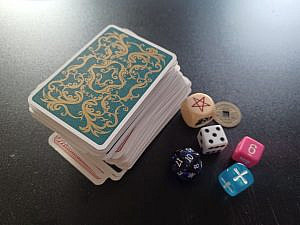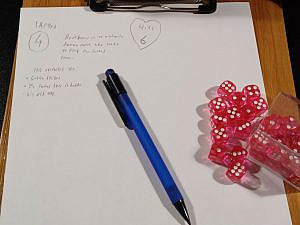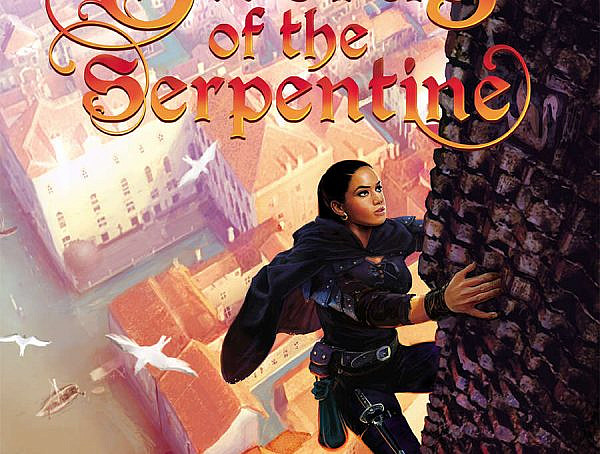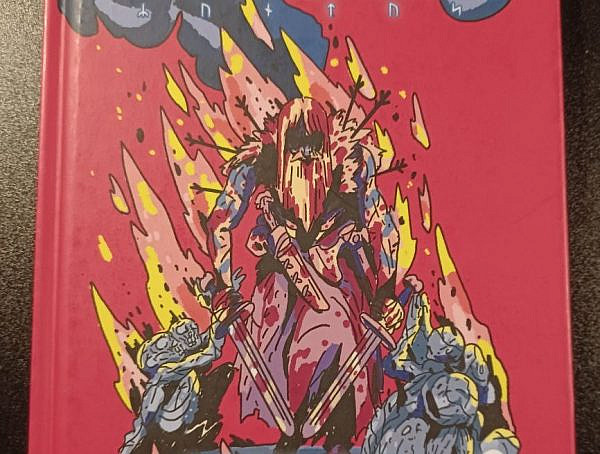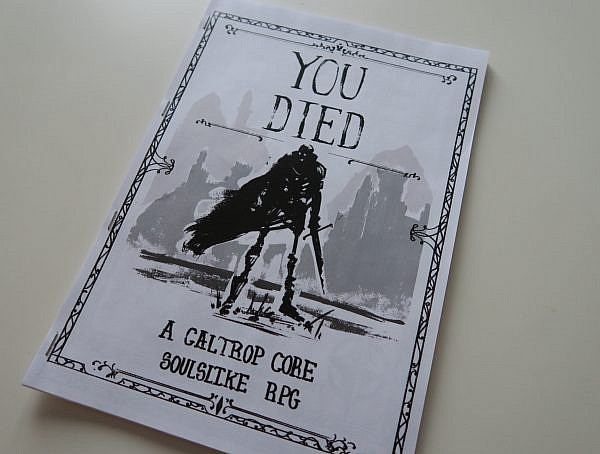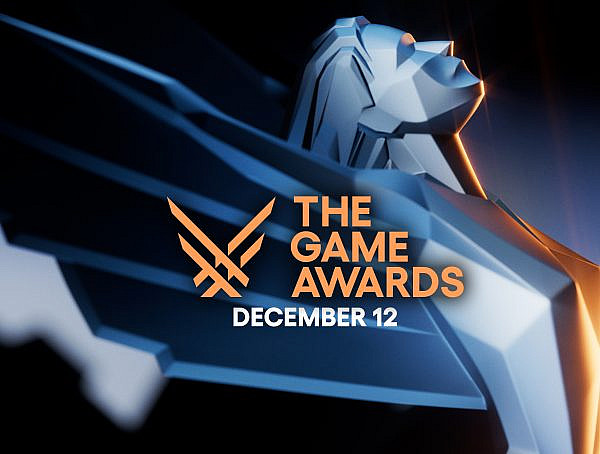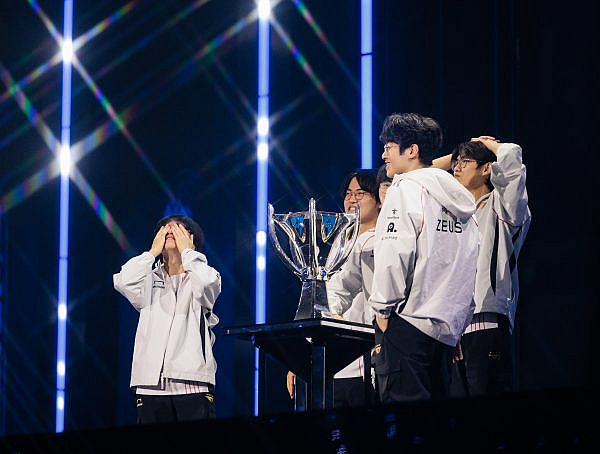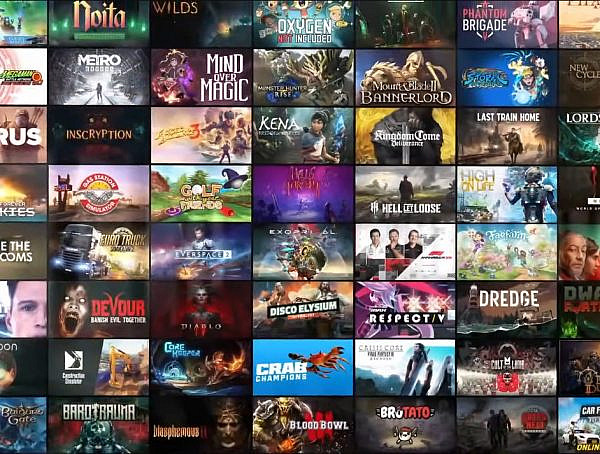“Category: freeform”
It is the dawn of 2025 and a lot has happened in the roleplaying scene. The Dungeons and Dragons, the world’s most well-known roleplaying game, celebrates its fiftieth anniversary with a brand-new edition. While not as popular as during the great hype few years ago, D&D is still the system that brough the tabletop roleplaying out from the cozy nerd basements and into the limelight, so much so that the name Dungeons and Dragons has become almost a synonym for the hobby in general. Still, a lot has changed, and the old beast has lost some of its shine, mostly due to numerous controversies the company in possession of the IP has been having over the last years. Nowadays more and more hobbyists have started to seek their fix for dice and imaginary dragons elsewhere even though the grip of the dragon remains strong. The question remains, it’s the dawn of a new year, what would be best way to jump into this exciting hobby? Would you rather just go forth to buy new D&D core rulebooks, because that is what “everyone” is playing anyway, or maybe dip your toes into the murky waters of other tabletop roleplaying games? There is an old saying, second or third hand at best, but it is still something that we as hobbyists can pass on to the new players and game masters from the grand Gary Gygax himself. Slightly paraphrasing of course. “You don’t need the rules to play the game.”
Turns out that the statement from one of the creators of the original game, the big G himself, is academically shady as well, taken that in the original quote is stated to be a second-hand quote, even in the side bar written by Allen Varney (Dragon #182, June 1992). This doesn’t make it any less valuable for to be tabletop roleplaying gamers or those who already enjoy the hobby. In the end the TTRPGs are, with all due respect, a game of make-belief with dice. If you have ever picked up a stick from the ground and swung it around, imagining it as a sword or a magical staff, you have technically played a roleplaying game. High emphasis on the technical as the thing that separates the children running on the playground with their swords and magic sticks, from nerds shouting over Discord if the virtual dragon should have 135 hit points or 132, is the use of rules. Rules leash the wild play behavior into more constructed form but in the end, this is a thinly veiled line, something that will likely baffle academics for years to come.
Now, what does this mean and more specifically, how does it help to get into the hobby? It all starts with the mindset. Before tossing money to the stores or going all in with the latest hobby related content that you can scrape from the internet, start by sitting down. Take a nice blank sheet of paper, a pen and some dice. Any dice will do. If you have a friend or number of friends eager to try, you can invite them to sit down as well, just tell them way beforehand that this is a trick from some weird internet journal and not an actual D&D. Now that you have everything ready, it is time to play.
Roll one dice, if it’s a big one, divide the result by two, rounding up. This is how many times your character has to be afflicted by an ailment, whenever a sword or a terrible loan before they are out of the story. Then take your dice, divide its maximum number by two and add one to the result, rounding down if needed. This is the number you need to roll or roll with dice to succeed in a task in the game. Then write down the numbers and what kind of character you have in mind. What kind of place are they in and what kind of obstacles stand in the way of their goals? If you have someone with you, they also must do the same but rather than goals of a one character, choose a goal for the group. If you or none of your fellows have any dice, then shuffle a deck of cards before you and use the number in cards instead. Or maybe a pile of coins, tossing and guessing how many come down which side up? It doesn’t matter. All you need is a functional tool to randomize the result.
Right now, you should have a concept of a world, a character, hero or heroes of this world, their goals and obstacles laid in notes before you and a mechanic of resolution written on paper right before your eyes. Now you just need to ask yourself or one of your fellows: “The x (any one of the obstacles) stands before you (refer the hero, not the player). How will you proceed?”
Welcome to the world of tabletop roleplaying games and remember. Best tales are shared among friends sitting by the fire and the best seat is always reserved for the one telling the tale.
Basic information
Reference: Varney A. Published as a sidebar to Lester Smith’s review of Amber Diceless Roleplaying (Phage Press, 1992) in Dragon #182, June 1992.
Photos: Photographs are taken by Samuli Siira.
I am a Media Research Bachelor student working my way into the academic world and the gaming journalism. While I've dabbled with various forms of gaming, the tabletop roleplaying games are my life and forte.
You might also like
More from Features
Game Awards – Celebration of talent or a Marketing Extravaganza?
The Game Awards 2024 is over and the winners are announced. However, are they still following the same pattern that …
Worlds in a Finnish Theater: League Finals, Community, and Döner Kebab
I travelled to Helsinki to watch League finals in a cinema, and it was worth it. #leagueoflegends #esports #community #worldfinals
Playing Under Pressure: The Struggle of Staying Current with New Game Releases
With the new year having just arrived there's plenty of new games coming out soon to look forward to. But …







